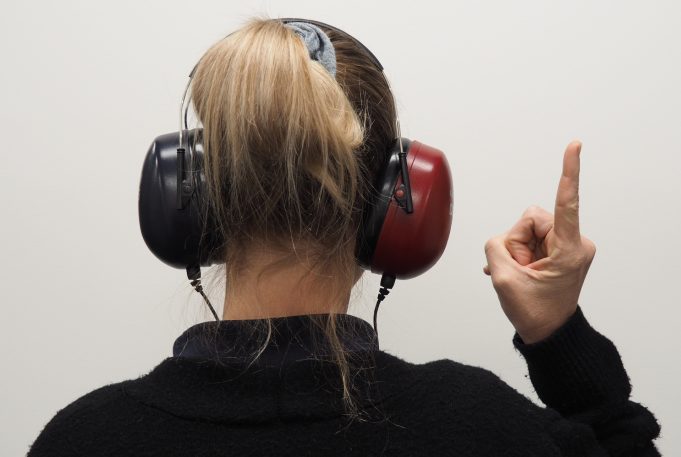All companies must prioritise the physical and mental wellness of their workers. In addition to a moral duty to ensure their welfare, employers are legally responsible for employee health and safety and must take measures accordingly.
The ears might not be the first thing that springs to mind, but the importance of protecting employee hearing cannot be denied.
Our hearing
How does it work?
Our ability to hear is a complex process. Simply put, sound waves enter the eardrums and cause it to vibrate. These vibrations are then converted by about 12,000 sensory hair cells into electric impulses. The impulses are then passed from the auditory nerve to the brain to be interpreted as sounds.
What can damage it?
There are lots of things that can impact your ability to hear properly. Ageing is a simple reason, or you might have temporary hearing loss following an ear infection. One of the biggest causes of hearing loss, however, is loud noises.
Both a singular experience of and long-term exposure to loud sounds can overwork the hair cells in the ear which can cause these cells to die. This damage to the delicate inner ear is usually permanent, and can worsen after the noise exposure has stopped.
Loud noises in the workplace
Loudest industries
While typical work environments such as offices are likely to stay below the UK noise exposure limit values, some industries will have to work hard not to exceed the maximum sound pressure and levels. Industries that are the biggest culprits for being noisy include:
- Construction
- Manufacturing
- Military
What causes loud noise?
Noisy work environments are generally caused by the use of equipment which produces loud sounds. This might include power tools and heavy machinery and explosive equipment such as detonators and guns. Often the sounds are long-lasting and repetitive such as the noise from impact tools.
How to safeguard hearing
Provide the correct PPE
Providing the correct Personal Protective Equipment (PPE) is essential to safeguarding employee hearing. Make sure that all workers are kitted out with specialist ear plugs that will remain secure while they carry out their work.
There are different types of ear protection to choose between, ranging from small disposable ear plugs to all-encompassing ear muffs. Whichever option you go for, take time to train employees on the correct use of their ear protection and make sure that they are being worn whenever necessary.
Minimise noise where possible
Alongside providing PPE, you should minimise noise where possible. This might include building special enclosures for noisy tasks using materials that absorb a lot of sound. You could also look to upgrade your equipment to quieter models with lower decibels.
Additionally, ensure employees have adequate breaks in between conducting noisy tasks.










